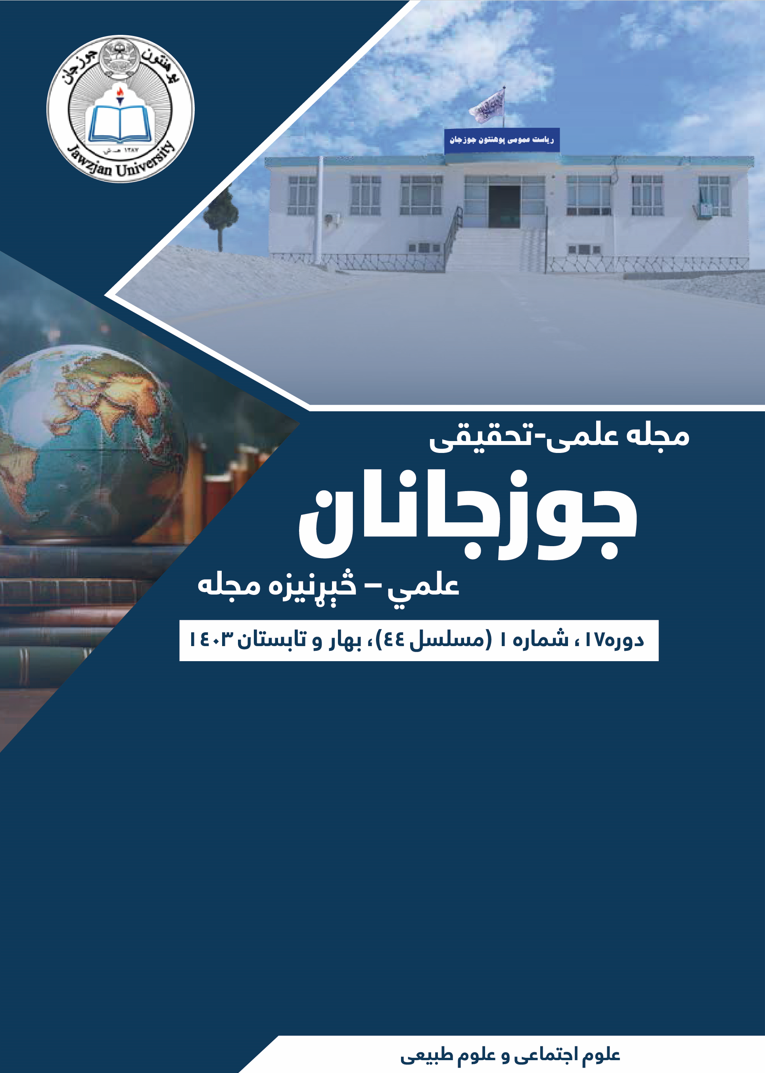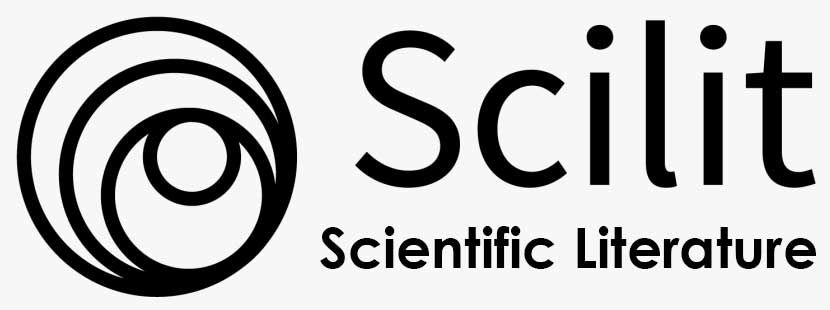Islamic Jurisprudential Perspectives on Xenotransplantation
DOI:
https://doi.org/10.69892/jawzjanan.2024.18Keywords:
Islam, Human, Organ Transplantation, Animal, Medical SciencesAbstract
The Noble Religion of Islam is the final and most complete divine religion, and no other religion will come after it. Therefore, Islam has established its rulings considering the time, place, and varying circumstances of its audience, always aiming for the well-being of humanity in both this world and the hereafter. Its rulings are designed with the general welfare of people in mind and seek to be implemented without causing undue hardship in ordinary situations.The continuous advancements in medical sciences have opened new horizons for humanity, making the application of innovative methods in treating individuals possible. One of the emerging issues in medicine is the transplantation of animal organs into humans, which, given the shortage of human donor organs, can address many challenges. This article, employing a descriptive-analytical research method and using a library-based approach for data collection, examines this issue from both medical and Islamic perspectives. By analyzing and critiquing the associated challenges, the study concludes that such a method is permissible for treating individuals. Modern medicine has largely resolved many of the challenges associated with this type of transplantation through the discovery of certain medications and extensive research. From a jurisprudential perspective, referencing principles such as "No harm, no hardship" (La Darar wa La Haraj), considering the rule of necessity (Qaidat al-Darurah), and other relevant legal and jurisprudential evidence, issuing permission for such an act is possible. It is also worth noting that such transplants raise no ethical objections.
References
القرآن الکریم
جصاص، ابوبکر احمد الرازی. (بی¬تا). احکام القرآن. پشاور: المکتبة الحقانية.
حیدری، امان الله. (۱۳۷۹). چکیدهی جراحی قلب. تهران: آذرمهر .
سیوطی، جلال الدین عبدالرحمن. (۱۹۸۳). الاشباه والنظائر. بیروت: دارالتب العلمیه.
فیروز آبادی، مجد الدین محمد بن یعقوب.(۱۹۹۸.) القاموس المحیط. بیجا: مؤسسه الرساله.
مکارم شیرازی، ناصر. (۱372). رساله توضیح المسایل. قم: بوستان کتاب.
Ekşi, A. (2014). İslam Hukuku Bakımından Organ Nakli Etrafındaki Tartışmalar) İHYA. Malatya.
Çalış. H. (2004). İslamda kolaylaştırma ilkesi. Konya.
İNCE, N. (2007). “Organ Nakli”. Türkiye Diyanet Vakfı İslam Ansiklopedisi. 33: 373-375. İstanbul: TDV Yayınları.
Peki. A. (1991). Organ Nakli. Kayseri.
Kara, Z. (2014). “Organ Nakli mi Kimlik Transferi Mi”. Malatya: Hayat Vakfı.







